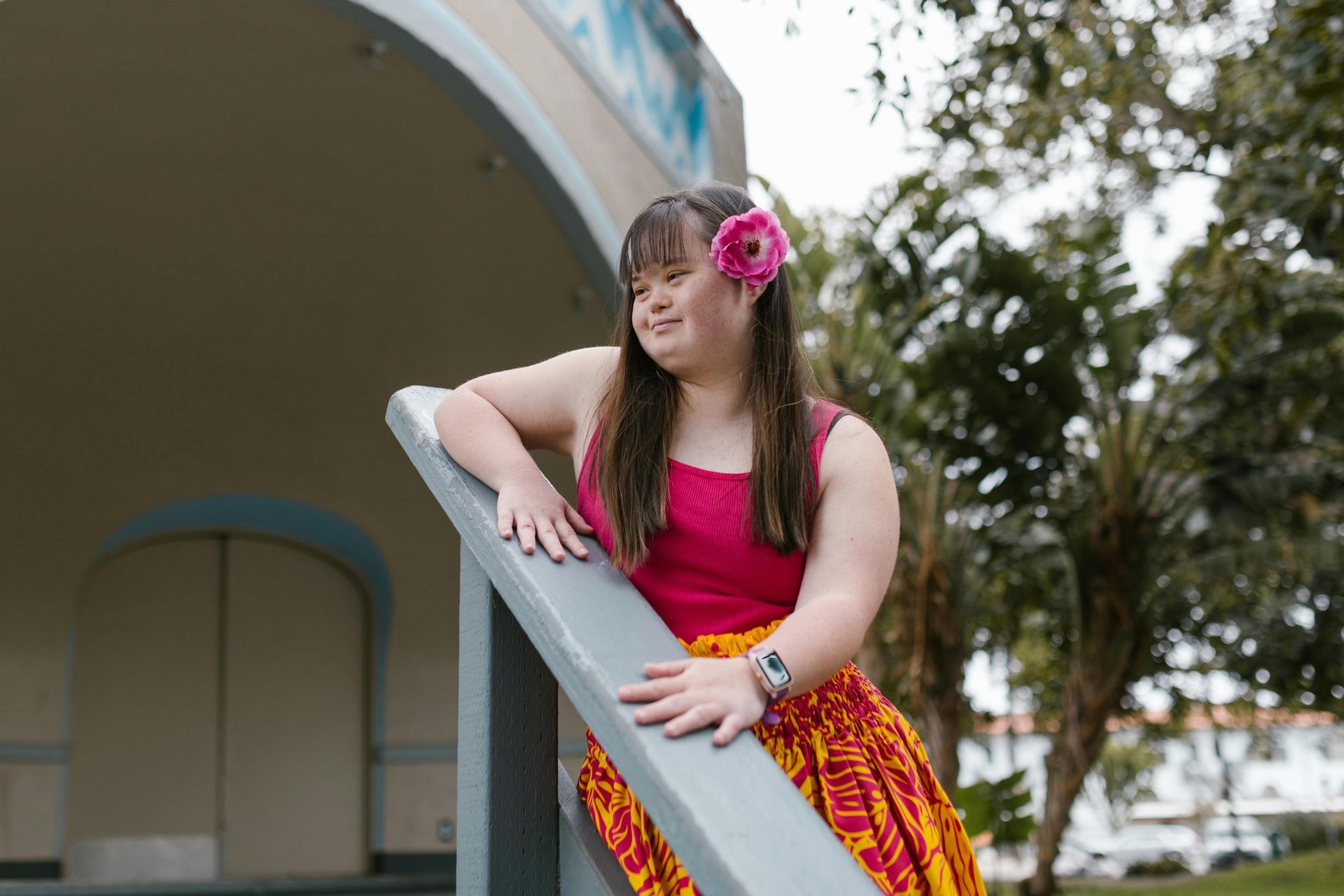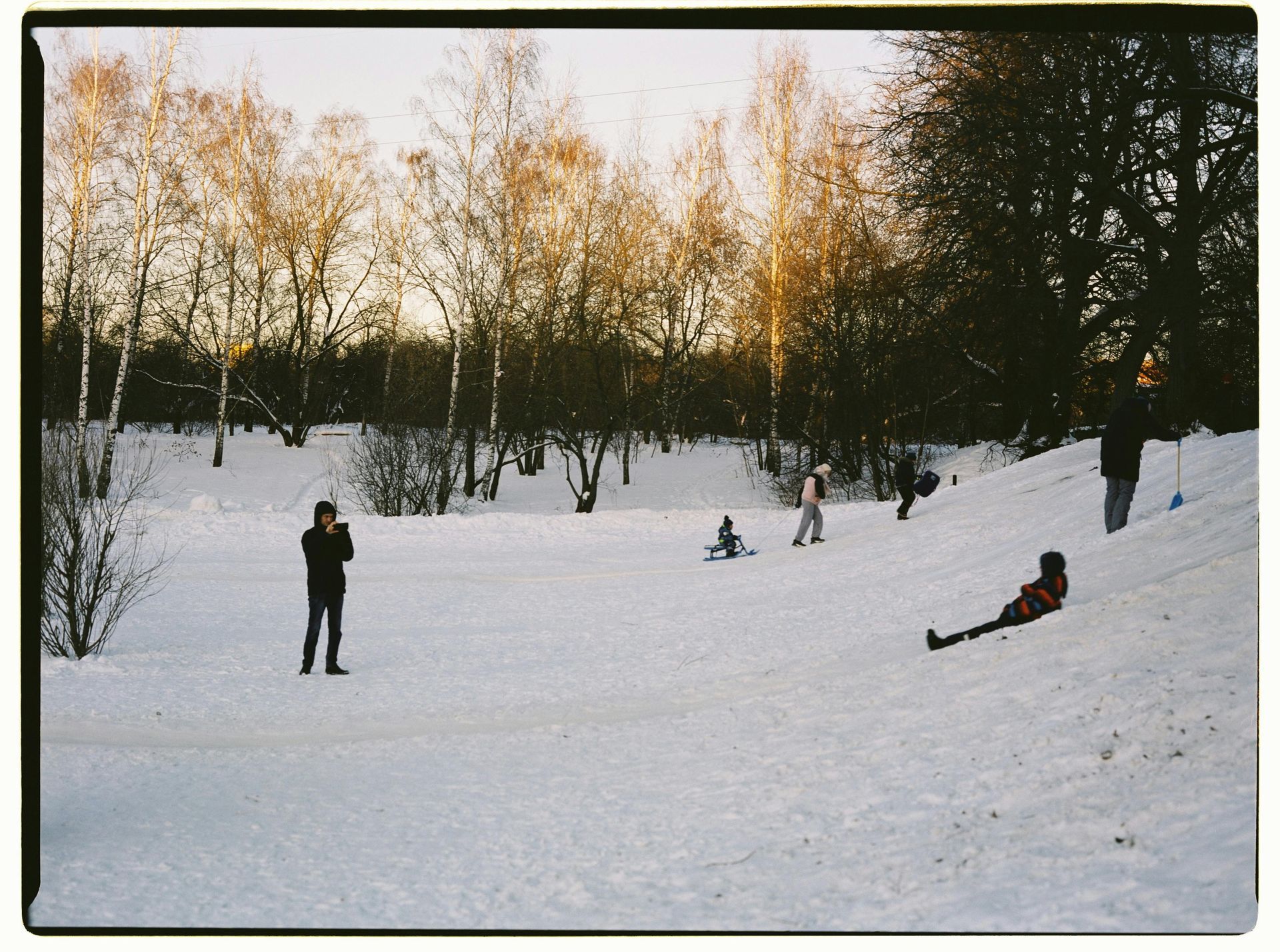Weekends—filled with promise of rest, joy, and connection—can also amplify an unexpected challenge: loneliness. A recent study revealed that nearly two-thirds of working-age adults (18–64) with disabilities report severe loneliness. That staggering 68% underlines a pressing truth: weekends aren’t always restful—they can be isolating.
Why do weekends matter so much?
- Weekdays often include structured routines—work, appointments, social interactions—offering natural engagement. Weekends remove that structure, ambushing many with prolonged silence.
- Support systems—caregivers, social groups, peers—sometimes withdraw or pause services during weekends, leaving a gap in contact.
- Mental health and developmental services are more limited on weekends, reducing access to community and therapeutic environments.
Strategies to Lighten the Weekend Loneliness
- Plan personalized routines. Even simple scheduling—like a weekend walk at a sensory-friendly park or a video call with a friend—can offer structure and connection.
- Explore sensory-friendly spots. Many communities are offering accessible, low-stimulus environments designed for comfort and inclusion.
- Leverage tech and virtual communities. Assistive technology—from weighted utensils to remote support systems—can foster weekend engagement and independence.
- Create local activity groups. Whether it’s a weekend game meet-up, a walk-and-talk, or a creative session, even small-scale, connection-focused groups can banish a lot of weekend loneliness.
- Reach out for support. If loneliness feels overwhelming, tapping into virtual support circles or helplines—even for weekends—can help.
Looking Ahead
Addressing weekend loneliness isn’t just kind—it’s essential. Creating inclusive, accessible, structured opportunities for the weekends can shift isolation toward empowerment. It’s a community effort—and it starts with awareness.










